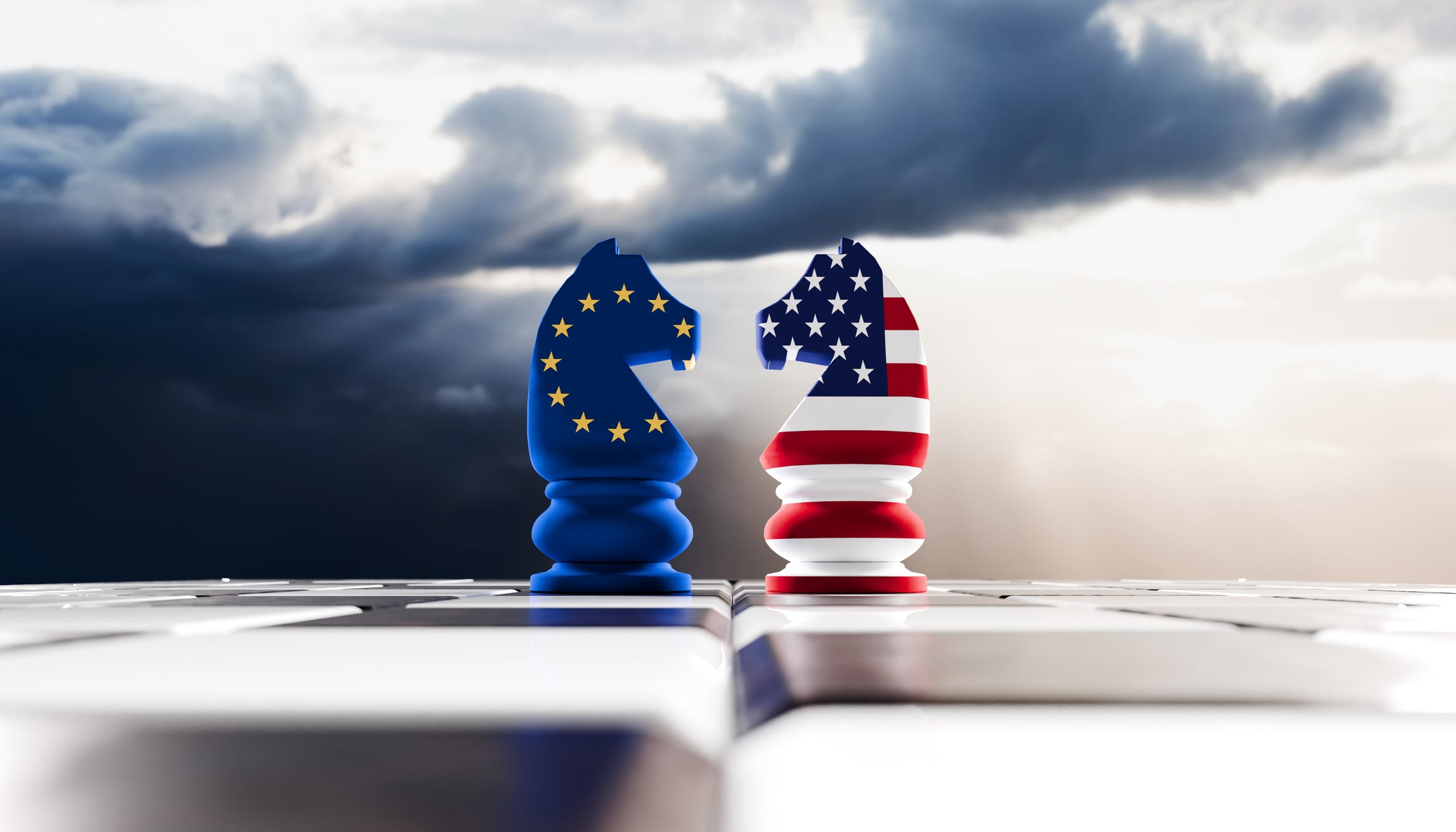The controversial president’s much anticipated tariffs on countries across the world have been announced, landing the EU with a 20% rate and the UK 10%, despite previous indications the latter could escape.
European Commission president Ursula von der Leyen has already warned the tariffs will cause “massive suffering” to the global economy. Though she remains hopeful the US/EU relationship might still move forward from “confrontation to negotiation”, she said.
The types of US tariffs on the EU
The tariffs have been neatly categorised by Trump into “baseline” and “worst offenders”. The former is a 10% tariff, which will be applied to the UK, Singapore, Brazil, Australia and other countries. These will come into force from April 5.
Those deemed to be the “worst offenders” have individual tariffs applied to them, the EU has been landed with the lowest at 20%, but the scale slides up to 54% for China, 49% for Cambodia and 46% for Vietnam.
Significant attention is being paid to the impact on Europe’s automotive industry, which will be hit with an immediate 25% tariff.
There were no additional tariffs on Canada or Mexico and the 10% baseline does not apply to these countries either.
The EU has postponed its initial round of counter tariffs until mid-April, standing by its preference of negotiation, openness and dialogue. UK prime minister Sir Kier Starmer is also hoping to negotiate a free trade agreement in the same way.
How will the EU respond to US tariffs?
EU countermeasures could be to reinstate previously suspended tariffs on a range of EU goods, with higher rates on agricultural and food items.
Global leaders have lambasted the US president for imposing the taxes, which he says are payback for unfair trade policies aimed at the US in the past. Trump responded to tariff criticism by saying he’d been “very kind” in his decisions.
The question now is: will the tariffs go ahead from April 5 and April 9 or will Trump do another U-turn as he did with Canada and Mexico?




